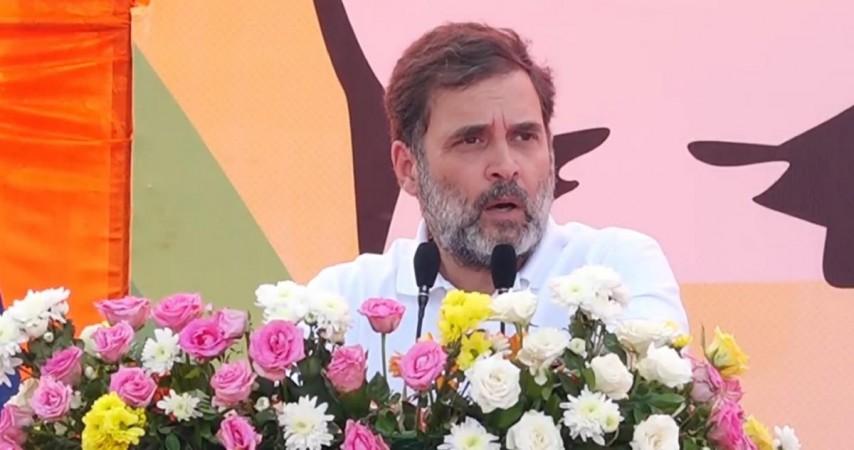
In a recent interaction with the women of 'Shakti Abhiyan', Rahul Gandhi, Congress MP and Leader of the Opposition in the Lok Sabha, raised pertinent questions about the state of women's empowerment in India.
Despite the representation given to women, he questioned whether true power had been granted to them and other marginalized communities in the country. The interaction was documented and shared on YouTube, providing a platform for the Congress leader to voice his concerns and observations.
Rahul Gandhi's Interaction with 'Shakti Abhiyan'
On October 18th, Rahul Gandhi had the opportunity to meet and engage with the women of 'Shakti Abhiyan'. These women are part of a grassroots movement, tirelessly working towards building a political environment that is centered around women. Supported by the Indira Fellows, they are nurturing a network of strong, empowered women who are ready to lead and demand their rightful place in shaping the future of India.
Rahul Gandhi expressed his belief in a vision for India where women enjoy equal rights, access to resources, and opportunities in education and employment.
The Need for True Power
He emphasized that the Constitution of India lays the foundation of equality and justice, rejecting all forms of discrimination. However, he also acknowledged a harsh reality - representation without true power is not enough.

Echoing this sentiment, Rahul Gandhi urged the nation to join hands with 'Shakti Abhiyan' and ensure that we not only talk about equality but make it a reality for all women in India. The Congress Leader stressed that the time for real empowerment is now. This statement was also echoed by the Congress in a formal statement.
'Shakti Abhiyan': A Step Towards Women Empowerment
'Shakti Abhiyan' is a campaign launched by the Congress under the Indira Fellowship programme. Its primary goal is to promote women's empowerment in India. During his speech at the 'Shakti Abhiyan' event, Rahul Gandhi emphasized the need for real empowerment of women, urging them not to settle for token positions, but to fight for their rightful place in society.
In a similar vein, participants from 21 states, who were top performers in their respective fields and who committed themselves to tackling the deep challenges of patriarchy facing women at the grassroots level, participated in Friday's deliberations.

















